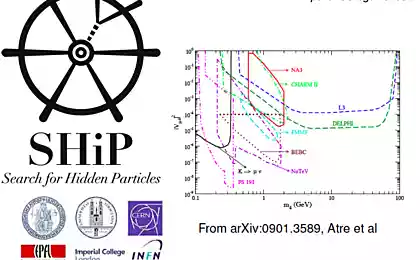504
How to change the opinion of the person on the opposite
Seventy seven million seven hundred fourteen thousand five hundred thirteen
A group of researchers from Sweden under the leadership of Professor Lund University Lars Hall conducted an experiment involving 160 volunteers, who were asked to read 12 statements and either agree with them or not. Approval touched on a variety of moral issues – from prostitution to the Israeli-Palestinian conflict.
In a two-page questionnaire contained a focus of the double page, with two sets of claims, and an adhesive layer on the tablet that was issued along with the application form. When one turned the page to finish filling the top layer first page was glued to the tablet, then the meaning of the questions was changed on opposite, and the responses remained unchanged.
For example, one of the claims initially sounded like this: “Full state supervision over e-mail and Internet traffic as a means of combating international crime and terrorism should be banned”. After the “focus” word “prohibited” was replaced by the word “allowed”
Participants were then asked to read out three statements, two of which were modified, and to develop each of the topics.
Approximately half of the participants did not even notice the change, 69 per cent agreed with at least one of the changed statements.
Some have even expressed a desire to defend the amended claims. 53% of participants argued and adduced arguments in favor of the opinion, opposite to the beginning.
Previously, scientists have conducted similar experiments, involving taste, smell and aesthetic sense of the participants, and identified a similar phenomenon, which is called the “blind choice”.
“I don't think this experiment we expose people or mocking them, says Hall. Rather, we showed what can be open and flexible people.”
The experiment raises the question of what actually are the data obtained using different kinds of questionnaires. According to the study, standard questionnaires “do not reflect the complex human relations to the question, which may not be reduced to a simple Yes or no.” published
Source: mixstuff.ru/
A group of researchers from Sweden under the leadership of Professor Lund University Lars Hall conducted an experiment involving 160 volunteers, who were asked to read 12 statements and either agree with them or not. Approval touched on a variety of moral issues – from prostitution to the Israeli-Palestinian conflict.
In a two-page questionnaire contained a focus of the double page, with two sets of claims, and an adhesive layer on the tablet that was issued along with the application form. When one turned the page to finish filling the top layer first page was glued to the tablet, then the meaning of the questions was changed on opposite, and the responses remained unchanged.
For example, one of the claims initially sounded like this: “Full state supervision over e-mail and Internet traffic as a means of combating international crime and terrorism should be banned”. After the “focus” word “prohibited” was replaced by the word “allowed”
Participants were then asked to read out three statements, two of which were modified, and to develop each of the topics.
Approximately half of the participants did not even notice the change, 69 per cent agreed with at least one of the changed statements.
Some have even expressed a desire to defend the amended claims. 53% of participants argued and adduced arguments in favor of the opinion, opposite to the beginning.
Previously, scientists have conducted similar experiments, involving taste, smell and aesthetic sense of the participants, and identified a similar phenomenon, which is called the “blind choice”.
“I don't think this experiment we expose people or mocking them, says Hall. Rather, we showed what can be open and flexible people.”
The experiment raises the question of what actually are the data obtained using different kinds of questionnaires. According to the study, standard questionnaires “do not reflect the complex human relations to the question, which may not be reduced to a simple Yes or no.” published
Source: mixstuff.ru/
The 10 most honest politicians and statesmen in history
Map Creator — relief map, the age of which 120 million years























